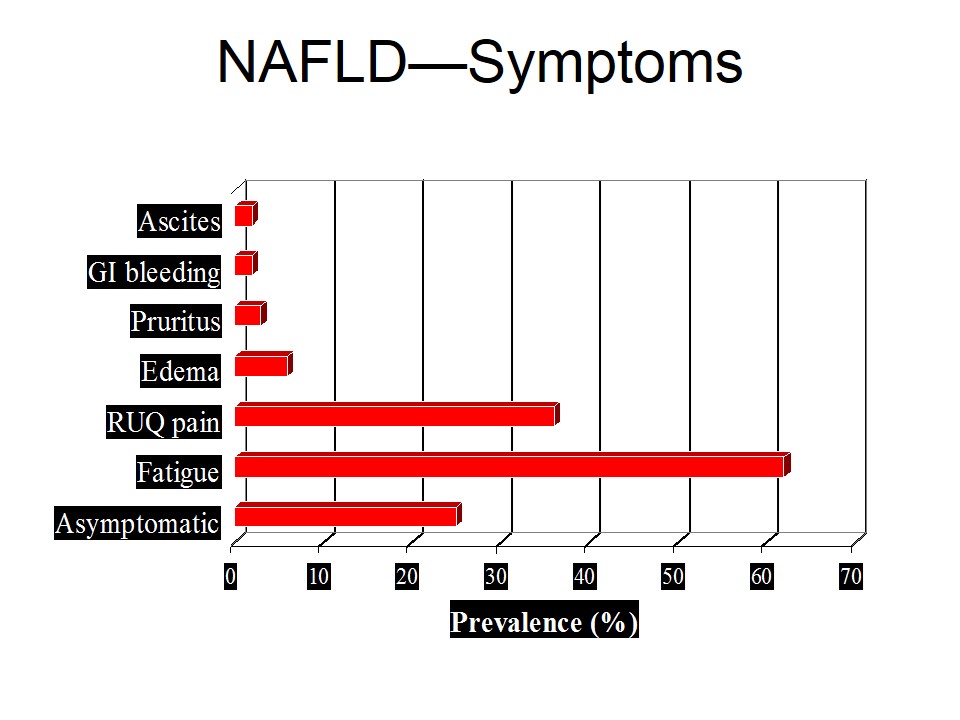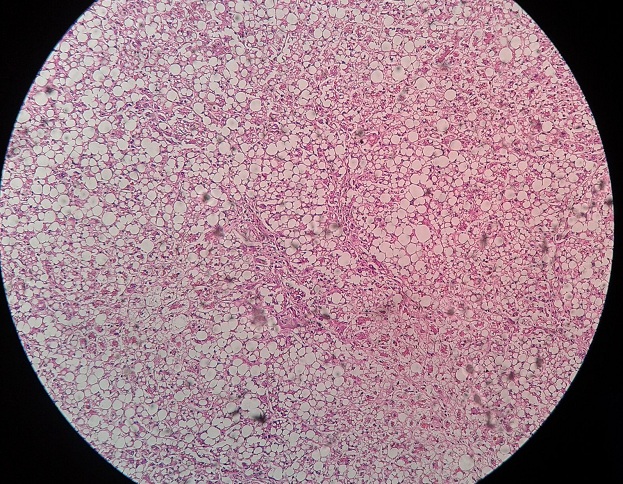Neoplasia/Neoplasm
Neoplasia or neoplasm refers to new growth, new mass or abnormal proliferation.
Tumor
Previously, any swelling caused by inflammation was known as tumor. Now it is only reserved for neoplastic swelling.
Oncology
Oncology is the study of tumors (neoplasms), both benign and malignant.
Oncogenesis
Pathogenesis of neoplasm is known as oncogenesis.
Cancer
Any malignant tumor is known as cancer.
Carcinogenesis
Carcinogenesis is the pathogenesis of cancer.
Prognosis
Prediction of probable source and outcome of disease is called prognosis.
Neoplasm
Definition
Neoplasm is abnormal mass of tissue, the growth of which exceeds and is uncoordinated with that of normal tissue and persists in the same excessive manner after termination of the stimuli which evoked the change.
Non-lethal genetic damage lies at the center of neoplasia.
If the damage is lethal, it leads to cell death.
Non-neoplastic proliferation
The the proliferation is controlled and reversible, it is non-neoplastic. Examples of non-neoplastic proliferation includes:
- Hypertrophy –increase in size of cells
- Hyperplasia –increase in number of cells
- Metaplasia –change in cell type
- Dysplasia –border line case, before progression to cancer. It is the disordered type of proliferation
Neoplastic proliferation
If the proliferation is uncontrolled and irreversible, it is known as neoplastic proliferation. It may be:
a. Benign: localized and non-invasive
b. Malignant (cancer): spreading and invasive, tumor is going to leave original place and spread.
Metastasis is known as the distant spread of tumor.
 howMed Know Yourself
howMed Know Yourself




